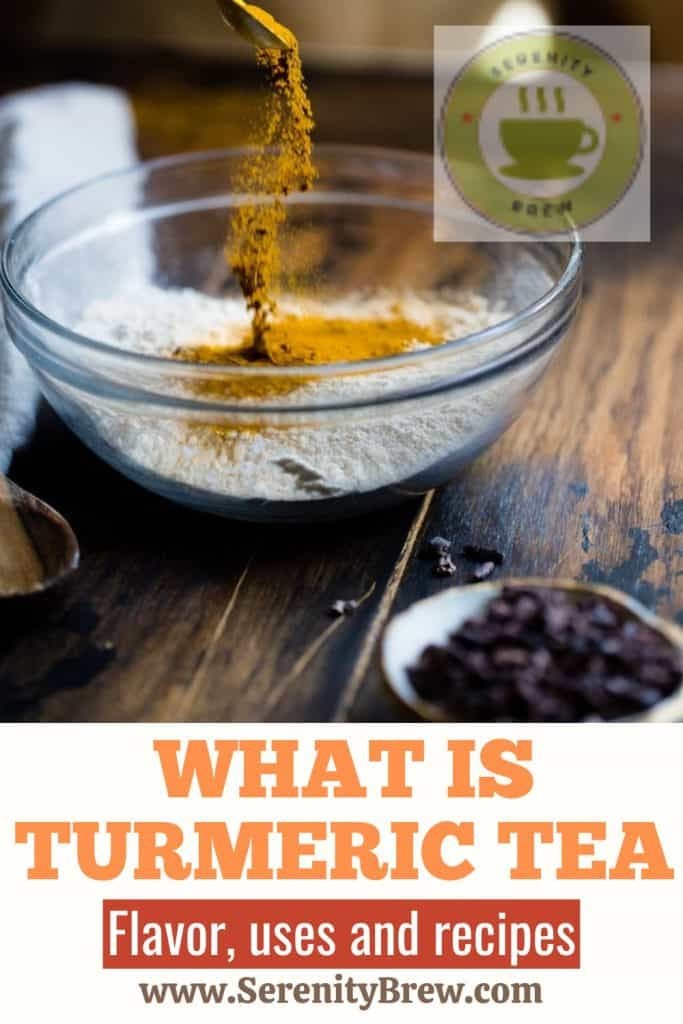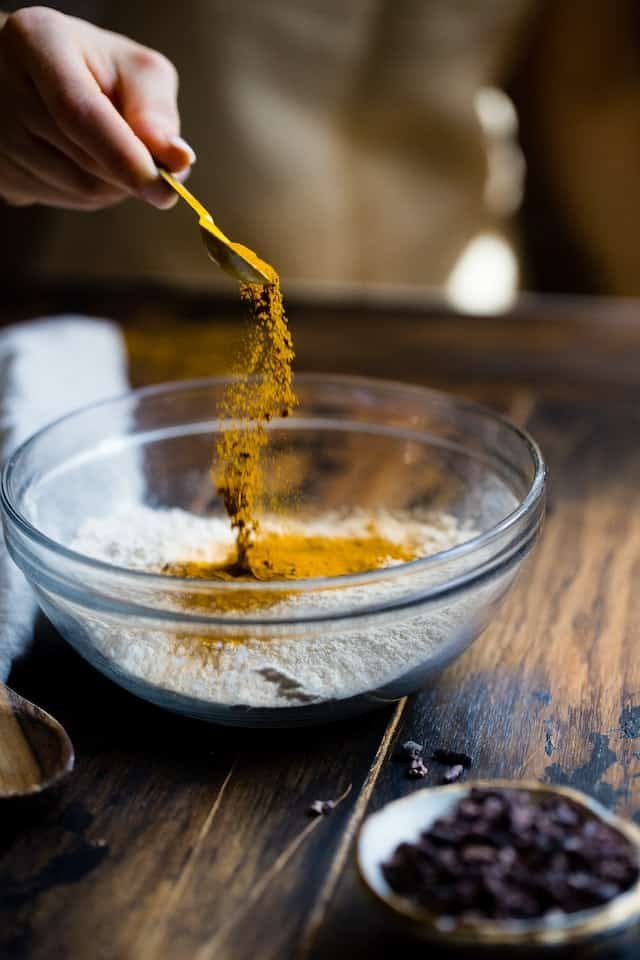
Turmeric tea is considered one of the best for health, because it concentrates a good amount of nutrients in its root. Its flavor is somewhat spicy, similar to ginger, but it must not be denied that preparing this tea from time to time protects our body against certain diseases. In this post we will tell you what is the turmeric tea, flavor, uses and recipes.
Turmeric root comes from Asia, it has been used in Indian cuisine to season their food. In addition, its medicinal properties have been used over time, there are even studies that indicate that it helps fight cancer, especially that of the pancreas.
How is turmeric used in the kitchen?
Many people are unaware of the existence of turmeric, but it is present in a large number of dishes. It acquired the name of E100 and has been used in the kitchen in small quantities as a colorant for butter, cheese and mustard.
Among the recipes where this food has been included has been the turmeric latte or golden milk. It is an excellent drink that can replace coffee. Its preparation is very simple, a base of vegetable milk is used, turmeric is added, a pinch of black pepper and a touch of cinnamon.
Another easy preparation that has become popular among lovers of this food is the use of a teaspoon of turmeric, black pepper and a little olive oil in natural yogurt. Turmeric is absorbed by black pepper, for a pungent compound it contains called piperine. And to make it more effective, it is combined with olive oil.
Turmeric is a versatile species that with its flavor and enormous benefits enriches many of the daily preparations. In this sense, it can be added to vegetable stir-fries, soups, stir-fries, morning tea, etc. In addition, it combines well with other spices, such as cumin and pepper. You can include it in dishes such as: pasta, rice, legumes, sauces, boiled vegetables, salads, etc.
It has also been included in dishes that contain eggs, fish, chicken curry or fish skewers. Because it is a cheaper species, it is an excellent substitute for saffron.
How to use turmeric in Infusion?
If you think this species is right for you, you can include it as a turmeric tea for weight loss , for example, by preparing a golden milk, a highly desired food that includes milk and turmeric. Another way to include it is with turmeric tea , an infusion whose main ingredient is turmeric.
The preparation of turmeric tea can have variations according to certain regions, but the most common is: in a pot you have to boil 3 or 4 cups of water, as soon as it starts to boil you must add 2 tablespoons of turmeric. You stir it, lower the heat and cook that way for 5 to 10 minutes. Then you must strain the mixture and add honey or to make it turmeric and lemon tea.
The turmeric tea has benefits that bring health to the body, among them: anti-inflammatory power, it is effective against pain caused by arthritis or bone and muscle injuries. In addition, in recent investigations it was determined that it is even more effective than ibuprofen or paracetamol in relieving pain.
Due to its high content of antioxidants, studies reveal that it is effective against Alzheimer’s, and there are other studies that indicate that it prevents cancer. In addition, the immune system is also favored with the consumption of turmeric tea, prevents heart disease and reduces LDL cholesterol. Turmeric tea is very safe for almost everyone, as long as it is taken sparingly.
Who can not take turmeric?

Turmeric has a number of components that can cause side effects, especially if consumed in excess.
Stomach ache
The very components that the turmeric tea may cause stomach irritation if ingested in large quantities. By the way, some of the people who participated in his study had to drop out because they had digestive problems. This spice stimulates the production of digestive acids. Even for some people it is beneficial, for others not.
dilutes the blood
Turmeric has purifying properties that makes blood thin more easily. Why this occurs is unknown. In addition, it has other benefits, such as reducing blood cholesterol levels and blood pressure. Those people who consume the drug Warfarin, are not recommended to consume a lot of turmeric.
stimulate contractions
Perhaps you are aware that foods that are seasoned with curry can stimulate labor. There are still no studies that fully confirm it, although they claim that they can alleviate the symptoms of menstruation. Due to its anticoagulant effects, its consumption in pregnant women is not recommended and little of this species should be added to meals, always without abusing it.
Neutralizes the effects of antacids
The function of antacids is to inhibit the production of acids in the stomach, for example, due to reflux problems, hyperacidity or eating spicy or heavy food. Turmeric can neutralize the effects of these antacids. In this sense, if it is consumed during treatment, it can cause gas, colic, inflammation, nausea or chest pain.
May cause hypoglycemia
Turmeric may worsen the effects of the medicine that lowers blood sugar levels (hypoglycemia). That is, when blood sugar levels are very low and cause symptoms such as: tremors, blurred vision, sweating, dizziness, confusion and tachycardia.
unwanted additives
There is a study that indicates that when consuming turmeric you can ingest certain dangerous and unwanted additives, such as rye, lead, manioc or wheat flour.
cause swelling
In research carried out and published in Cancer Prevention Research, turmeric can cause bloating, diarrhea, or digestive problems in some people. In fact, it is a problem that is not common, but it is necessary to know about it in case you consume this species regularly.
